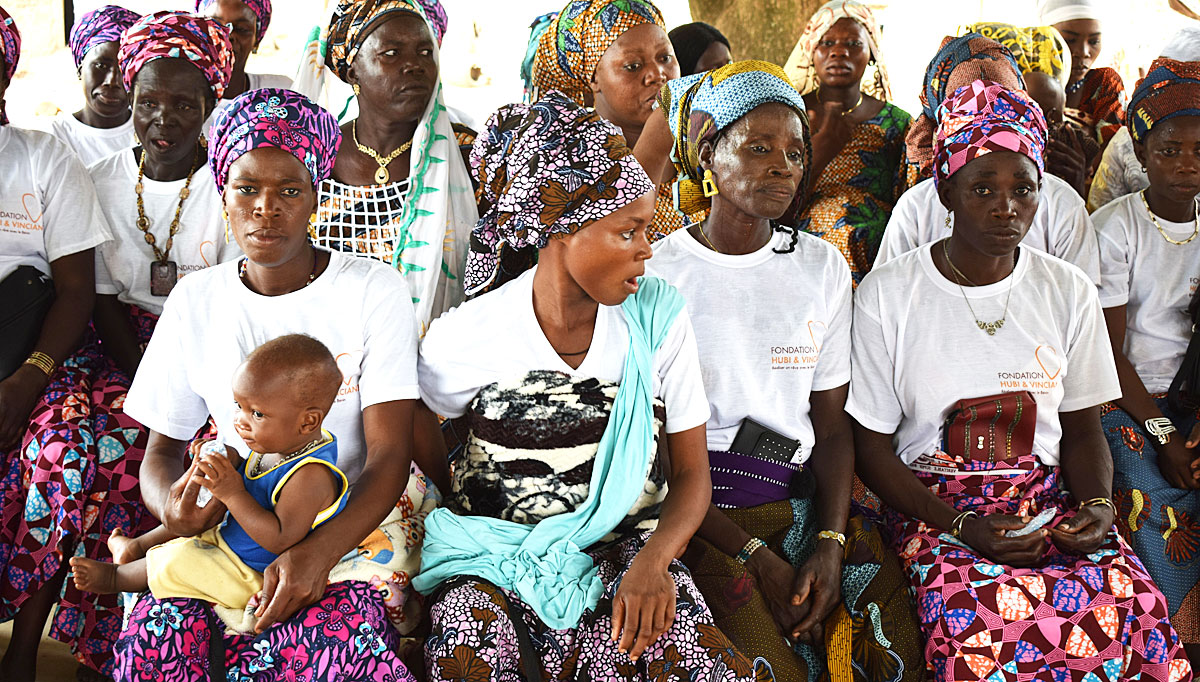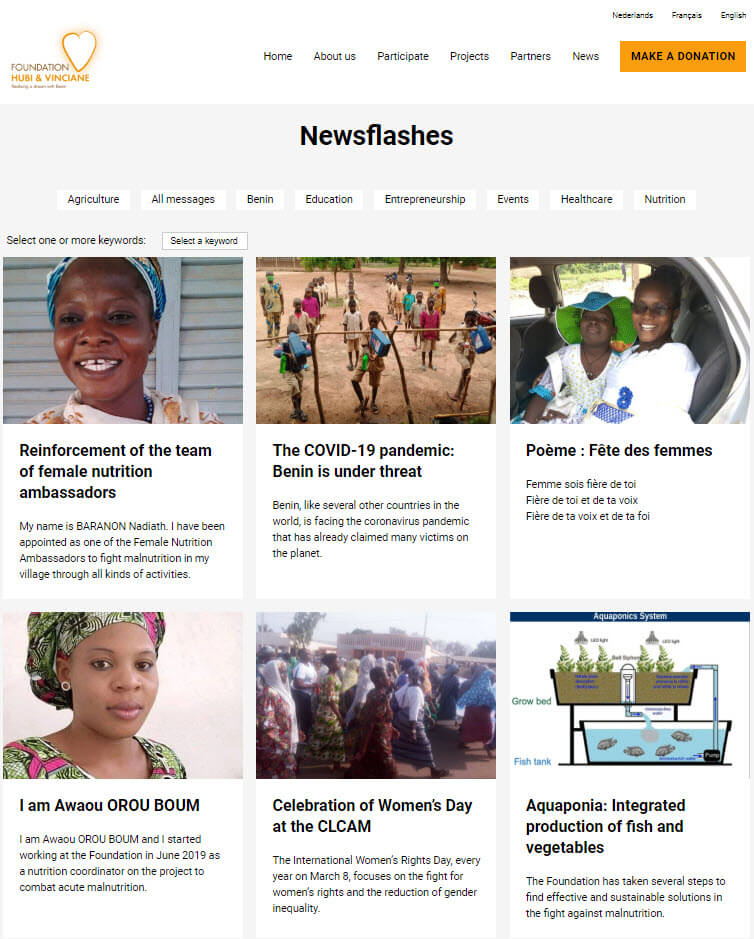March 8: International Women’s Day
International Women’s Day, celebrated every year on March 8, this year’s theme was “For an inclusive digital world: innovation and technology for gender equality.” This an appropriate opportunity to reflect on the state of digitization in Benin and women’s access to digital technology in particular.

Take, for example, the situation in Kassouala, one of the Foundation’s intervention villages in Benin.
The survey we conducted in 2022 as part of the nutrition project showed that just over 70% of the women had not had any education. One in five women had attented elementary school, and one in 10 had received secondary education. Among men, just under 60 % had not had any form of education. Over 16 % had attended elementary school, and one in four men had received secondary education.
Since education is a prerequisite for being part of the digital world, we can only conclude that Benin still has a long way to go.
According to Estelle Idani, the Foundation’s coordinator in Kassouala, there is no computer centre worthy of the name in Kassouala. You must travel 25 km to Tchaourou to scan, type and print, . Moreover, of the 100 women she works with daily, only a dozen or so have Android smartphones.
And Kassouala is undoubtedly not an exception. The situation is entirely similar in most of the villages where we work. So women are deprived of several essential digital tools to develop their skills, access information and actively participate in the digital society. This situation is pernicious for community development and empowerment.
When will everyone have access to education and the digital world?

